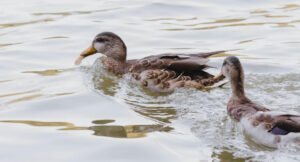It is time to take good initiative for your Fish pond. There is some best pond cleaning fish ideas. You do not have to worry about your pond. The algae present in your pond is not harmful. Some measures should be taken for your fish pond.
If your pond produces green algae then it is completely normal and considered healthy. Blue-green algae in your garden pond are not normal. Green alga is considered healthy for the aquatic ecosystem.
Green algae produce oxygen and produce a healthy environment for fishes, wildlife species, and insects. It is also a source of providing natural food for fish.
There should be control over the growth of algae. The algae in the pond can also kill everything present in your pond. It takes all the nutrients present in the pond. There are different methods to control algae in the fish pond.
Contents
Importance of fish pond
Fish ponds are healthy for the ecosystem. It is useful and provides an eco-friendly and natural environment. Fish ponds have their important to control floods and supply food, and water.
It also gives us a nourishing experience. It is being promoted in many countries. It also helps to sustain biodiversity. The fish pond is always considered to be a heaven for beautiful fishes.
Types of fish pond
There are different types of fish ponds.
- Fish pond
- Natural pond
- Biological pond
- Koi pond
- Mini pond
- Mirror pond
- Ornamental pond
- Plant pond
There are also different shapes of ponds. These ponds are suitable for a variety of fishes. You can build your pond according to your feasibility. There are several shapes such as;
- Large ponds
- Small ponds
- Round ponds
- Square ponds
- Formal ponds
- Preformed ponds
Benefits of fish pond
There are several advantages of the fish pond. A fish pond is beneficial for environmental factors. Firstly, it is beneficial for a conversation about water. These types of ponds are useful for plants, and a natural source of food for fish.
This type of pond does not require to be filled with water. It is automatically refilled with rainwater. It is useful for watering plants by themselves. It helps water other plants around the pond.
Secondly, the other environmental benefit is less mowing and fewer pollutants. Thirdly, this pond is helpful for your lawn. It reduces pesticides and fertilizers.
Moreover, it is also beneficial to support wildlife and also create environmental awareness. It creates a healthy ecosystem. You can also save your water by having a pond. A fish pond also looks good aesthetically. According to a study, it can help reduce stress and anxiety.
Disadvantages of fish pond
There are might be some disadvantages of fish farming. These factors depend on how you look after your fish pond. There are diseases in a fish pond that can be harmful to your fish.
If your fish gets sick, then it can also spread a virus in the pond. The other fishes in the pond might get this dangerous virus. A fish pond can also affect the surroundings of the environment.
It produces effluent that can be harmful to the surroundings of the fish pond. There should be proper working safety for farming fish. It also creates a lot of waste which can be a pollutant to the environment.
10 Best Pond Algae Eaters for a clean pond
There are several natural ways to control the growth of algae in your fish pond. There are 10 best algae eaters for a clean pond.
1. Siamese Algae Eater

Siamese Algae eat everything green algae present in the pond. Siamese fish eats even red algae that other fishes do not touch. It is one of the best ponds for cleaning fish. Siamese algae are frisky swimmers. This fish also consume a large amount of feed.
2. Common Pleco

Common Pleco is one of the best for eating algae. It is a voracious fish. It eats a lot more than other fishes in the pond. These fishes are common and can control algae in the pond as well as in aquariums. They are best for eating filamentous algae. They can grow to two feet by providing them with a good quantity of food and a healthy pond. Common Pleco is an easygoing and slow-moving fish.
3. Pond Loach
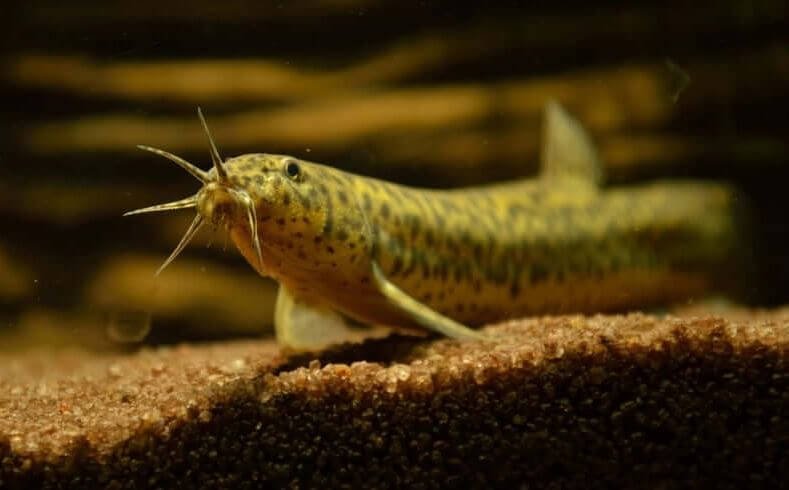
Pond loach like other fishes known as algae eaters. This fish is also named Weather Loach because these fish need cold temperature water. Pond loach eats plenty of food and insects which come in their way. Pond loach is also famous for eating a wide range of plants. Loach fish travel in small groups. They eat fewer algae than other fishes in the pond. Pond loach is enough friendly with goldfish and Koi. Pond Loach can survive in freezing temperatures too.
4. Koi Fish & Goldfish

Koi & Goldfish are one of the best fishes for cleaning ponds. They eat algae and other plants too. During winters these fishes consume algae. They are smaller in size and beautiful in color. They are easy to be kept in an aquarium and later transferred to a fish pond. Goldfish can eat insect larvae. Koi loves to eat human food such as; shrimp, lettuce, watermelon, and cereals.
5. Grass Carp
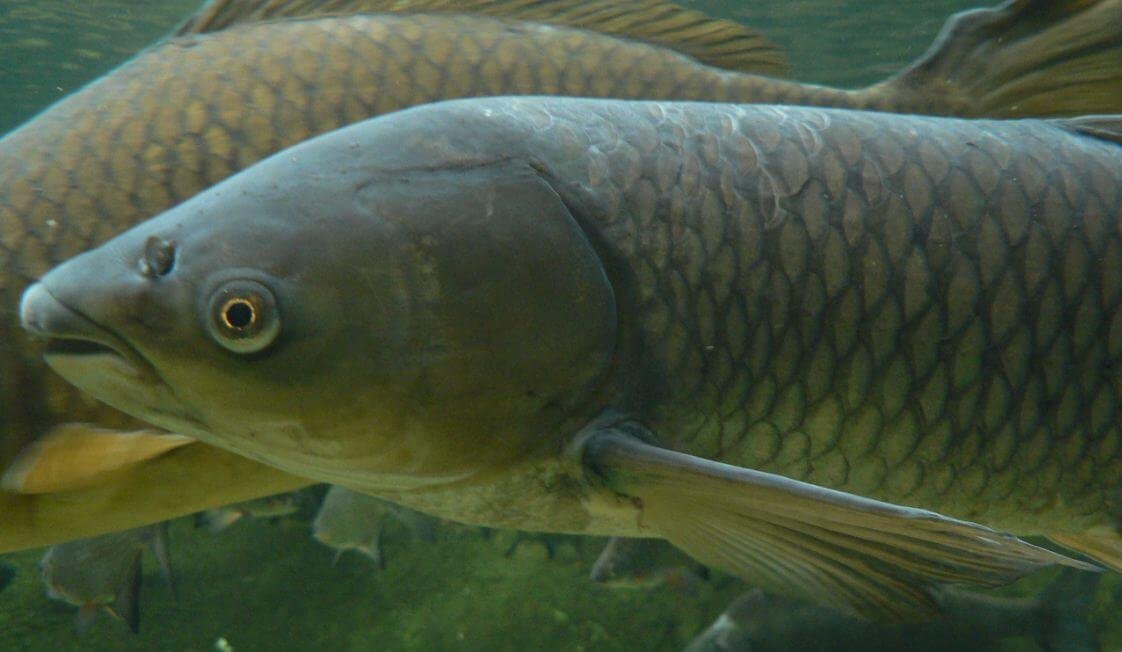
Grass Carp are also useful for eating algae. It consumes plant life such as; chara and musk grass. This fish is helpful for other small fishes and provides water filtration and habitats for invertebrates too. Grass Carp size is only appropriate for large ponds.
6. Mollies & Guppies

Mollies and Guppies are beautiful fishes best for small ponds. These fishes are best in warm weather. These fishes play a significant role in surpassing the algae present in the fish pond. They prefer to eat green algae, insect eggs, and larvae. It is also useful to get rid of mosquitoes from your fish pond.
7. Otocinclus Catfish
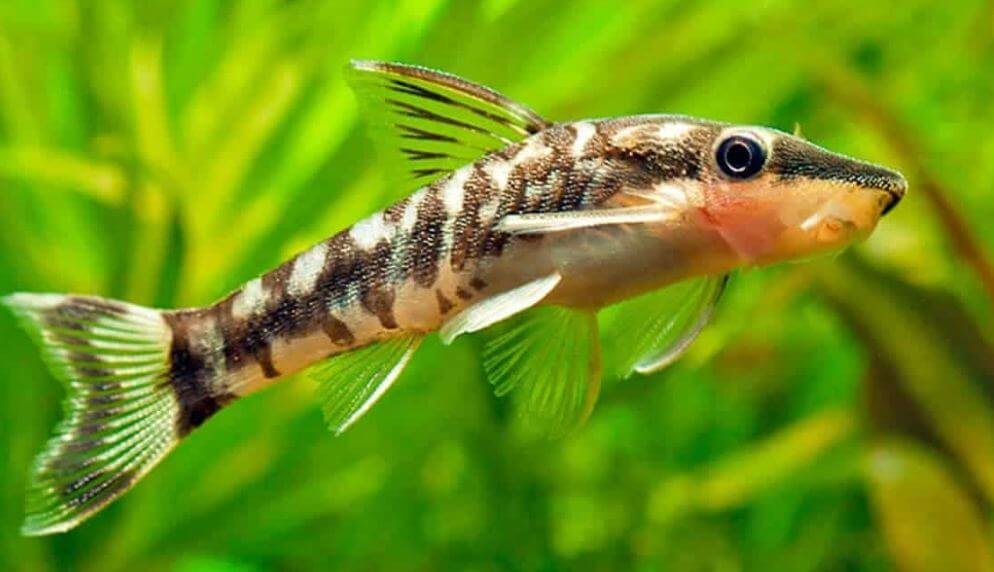
Otocinclus is from the family of common Pleco fish. This fish is small in size. It prefers to eat algae from the pond’s floor. Some of its characteristics are matched with Pleco. Otocinclus prefer shallow water, because of their size. It can be helpful and defensive against excessive algae. They can easily eat algae from smaller areas of the pond that other fishes cannot reach.
8. Chinese High-Fin Banded Shark
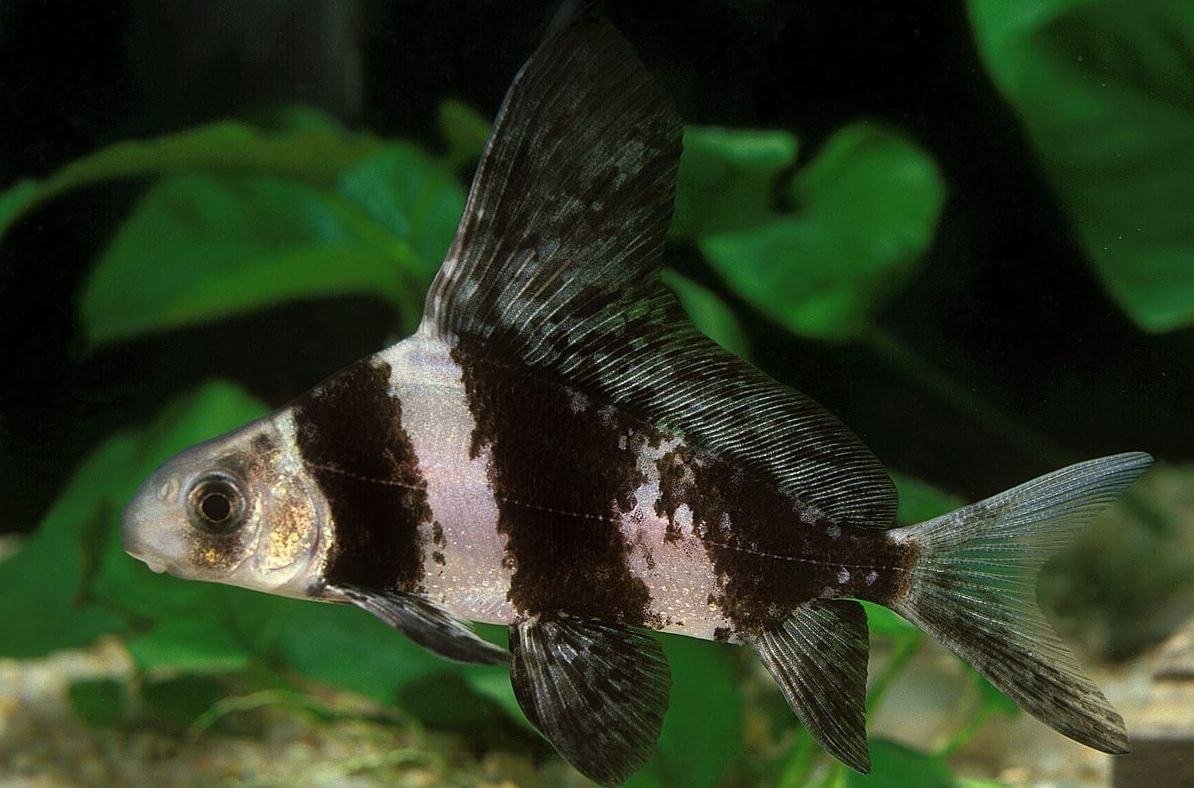
It is not a shark. It is a fish also named freshwater batfish. Batfish are bottom feeders. They prefer to live in smaller groups and with small species. They also prefer cooler temperatures in the water. They are happy to live in a large fish pond. They prefer eating algae over food.
9. Flying Fox Fish

It is a small mini fish usually four to six inches in length. This fish is a summertime bloom algae eater. These fishes are more aggressive than other species. Flying Fox fishes prefer smaller ponds and warm temperatures. It prefers a 70-degree temperature.
10. Black Japanese Trapdoor Pond Snails
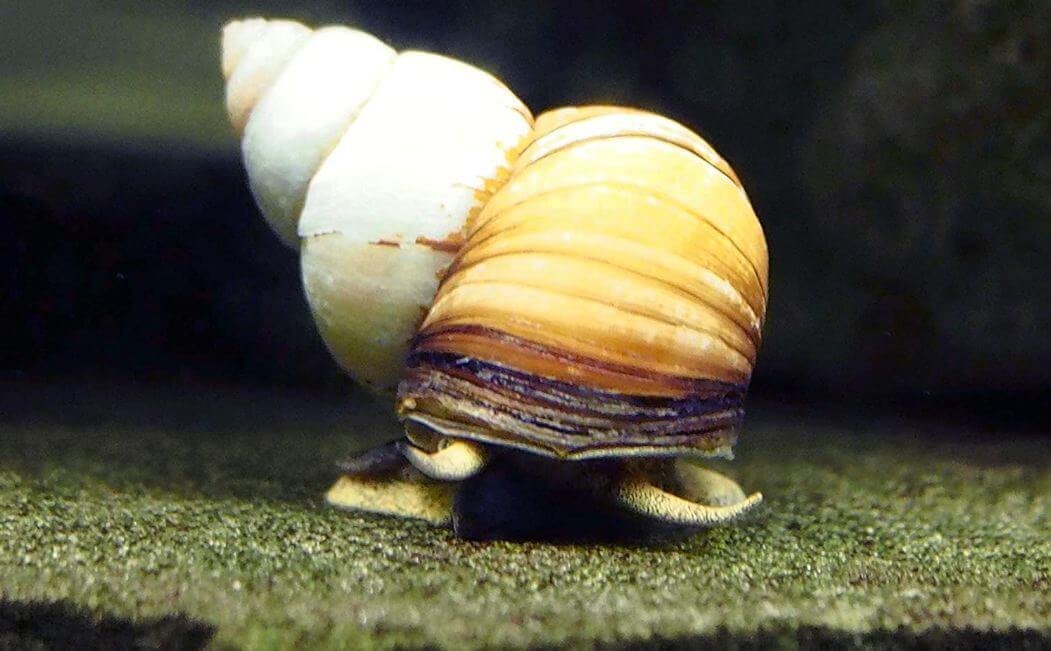
These are hard-body types of fish. They prefer to scrub algae from the surfaces of a pond. These snails are difficult to collect during winters. They are problematic to find out. They give birth every spring season. They are good for curtailing algae production.
FAQs
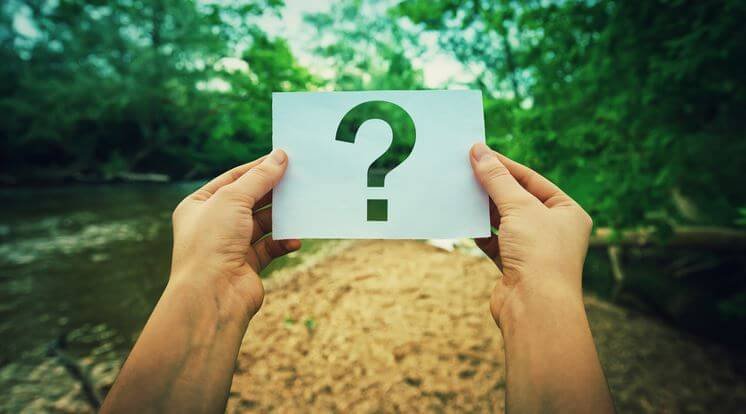
How do you maintain a fish pond?
Pond owners should take good care of their fish ponds. It can affect your fish and the surroundings of an environment. A pond should not be over-populated. There should not be many fishes in the pond.
You should take easy fish food. Do not overfeed your fish. You should have enough plants around your fish pond. It will help to keep your pond clean. Make sure to clean your pond on regular basis.
You should filter your pond properly. Small ponds need a complete overhaul after every five years. However, large ponds need a complete overhaul after every 10 years.
How much does it cost to build a fish pond?
There are different kinds of ponds and it takes a different amount to construct a pond. Fish pond cost you a bit expensive. It requires a technique and high maintenance.
A Koi carp fish costs you much expensive. It requires a cost of material, clay, concrete, loam, and performed pond basin. It also requires the cost of maintenance of ponds.
A small pond usually contains up to 1000 liters. It will cost you 180 GBP or 300 US$. A large pond usually contains Koi and it will cost you tens of thousands of GPB or US$.
Which pond fish are best?
There are several numbers of fishes best for a pond.
- Koi
- Mosquito Fish
- Goldfish
- Pond Sturgeons
- Siamese Algae
- Mollies and Guppies
- Black Moors
- Calicos
- Minnows
- Weather Loaches
Conclusion
Keeping your Fish pond clean will help you to create a healthy environment. The fish pond creates a friendly ecosystem. It provides you with a natural environment.
Pond fish you can also find in rivers, streams, and still water. You should keep your fish pond clean. You should keep checking water conditions, feeding, and fish quantity.

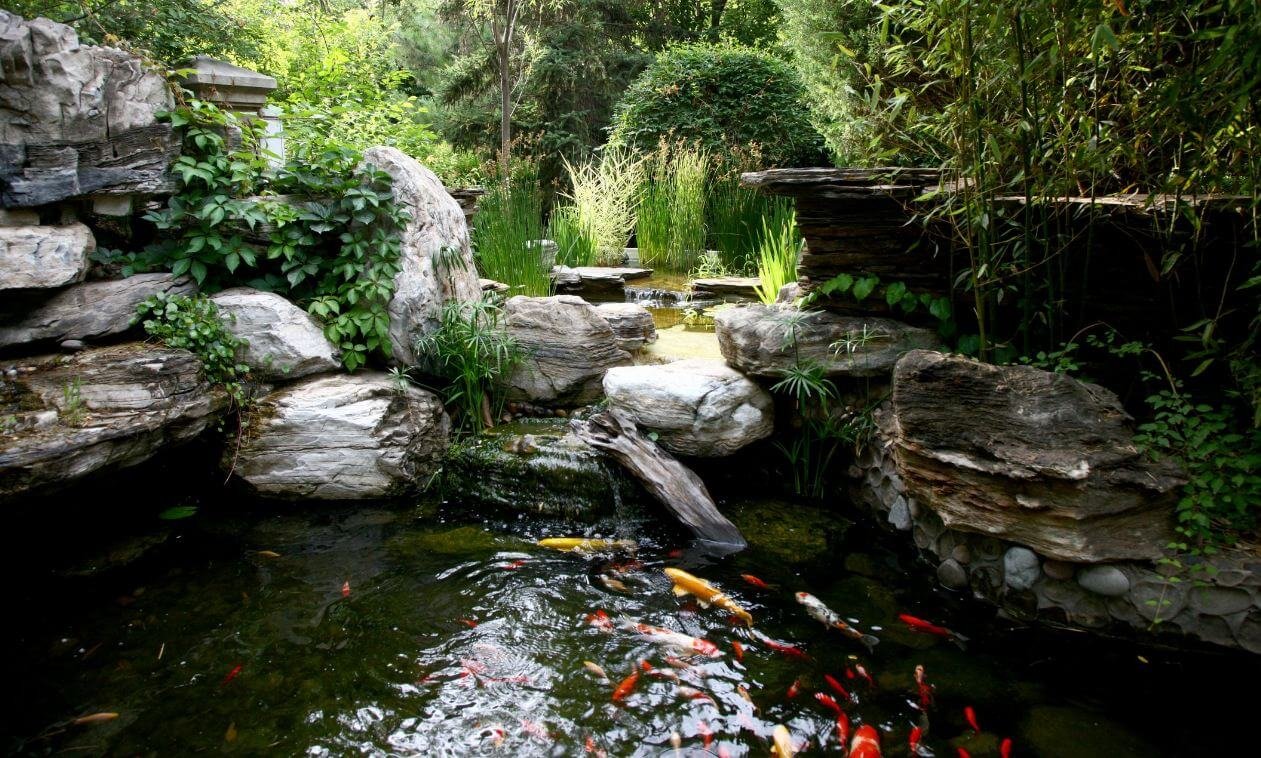
![Why Is My Goldfish Turning Black? [Reasons & Solutions]](https://youraquariumguide.com/wp-content/uploads/2020/07/why-is-my-goldfish-turning-black-300x182.jpg)

